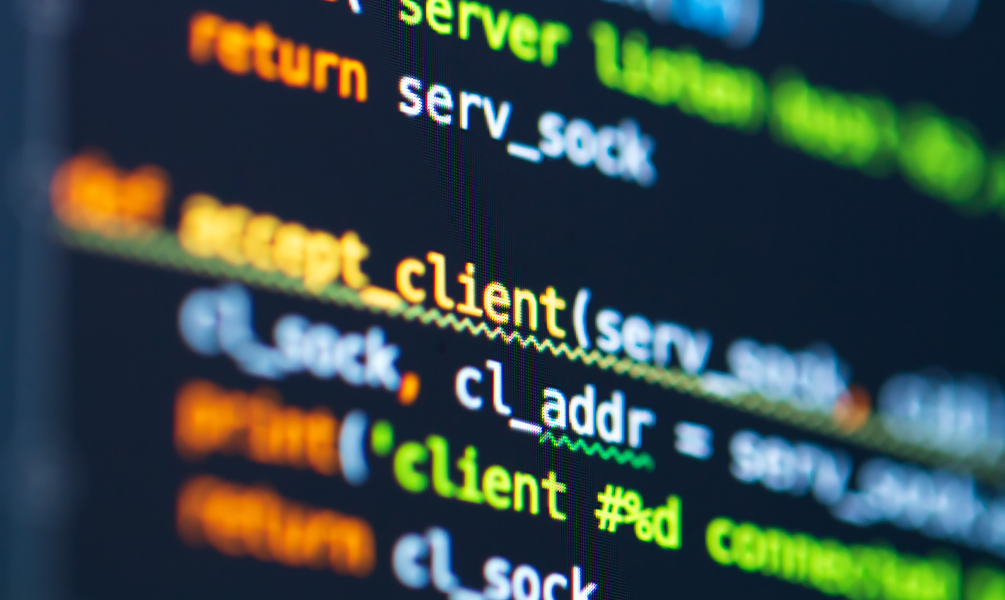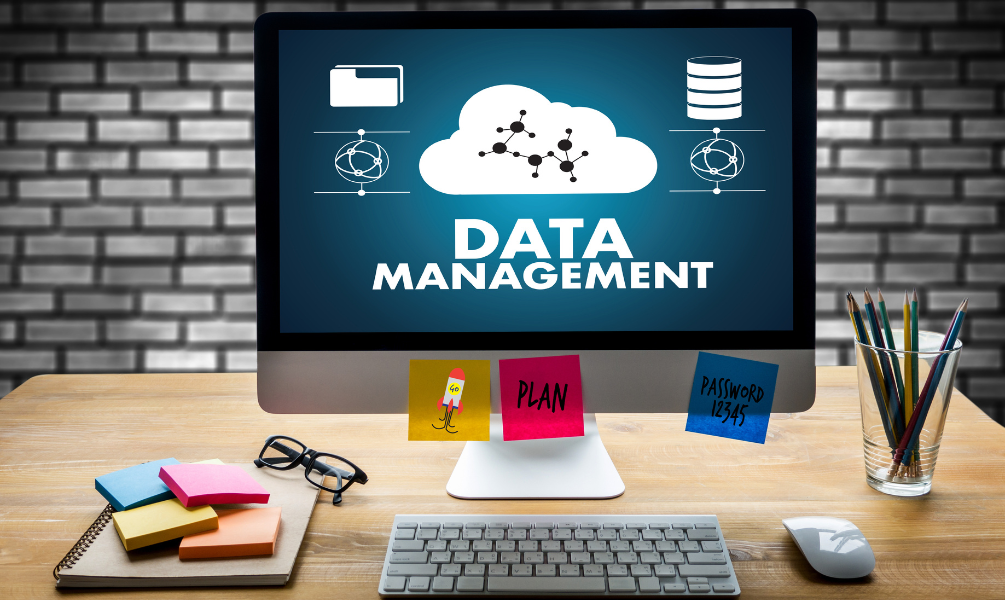Best In the Town Saloon Services
Get Your Desired Saloon Beauty service at Your Door, easy to schedule and just few clicks away.
IT & Programming Courses








Description
Learning Outcomes
- Running and compiling programs
- Statements required to create and process objects in Python
- Introduction to the built-in object types such as numbers, lists and dictionaries
- Organisation of Python code into modules
- Introduction to Python classes and exploration of Python Object-Oriented Programming (OOP) tool
- Exception handling
- Built-in tools
AED700.00
1 months
Available Options
This module aims to provide an introduction to programming in the Python scripting language. This course is ideal for the student who already has some knowledge of computer programming
Frequently Asked Questions
Programming courses provide essential skills for writing code and developing software applications. Introductory classes cover foundational programming languages like Python, Java, and C++, focusing on syntax, data structures, and algorithms.
Programming languages provide the rules for building websites, apps, and other computer-based technologies. Each programming language helps humans accurately communicate with machines.
Python.
R and Software Development.
Fundamentals of Java Programming.
Full Stack Development.
C++
Google Cloud Platform Architecture.
Android N Developer.
Yes, Python is generally considered an easy programming language to learn, especially for beginners. Its syntax is clear and readable, which allows new programmers to grasp concepts quickly.
Yes, you can learn Python without any programming experience. In fact, Python is so popular in part because of its easy-to-use, intuitive nature. For people without any coding experience at all, Python is actually considered the perfect programming language.
Database management is the organization and storage of data so that it can be accessed, maintained, and updated by personnel in an organization. A database management system (DBMS) is the software used to create and administer the database where the data is stored. Database management is important because it enables organizations to use data to fulfill customer needs, support business operations, and provide valuable insights for management.
A relational database management system (RDBMS) can satisfy the database needs of most organizations. Relational databases allow for multiple tables of information to be “related” or connected to each other in an organized and useful way. These databases are created and queried using structured query language (SQL) and form the backbone of operations for banks, airlines, and retailers alike.
Database management can also enable business intelligence applications, which can help organizations better understand their business and guide decision-making. These applications may require the creation of large data warehouses and exploratory data analysis made possible with software platforms such as MySQL.
In order to excel and become a database management expert, you must immerse yourself in mastering database fundamentals, data modeling techniques, SQL querying, and database design principles. You must also gain hands-on experience with popular database management systems like Oracle, MySQL, and PostgreSQL.
This skill is important because almost every business has a database of information, like customer details, sales records, or inventory, and they need someone who knows how to take care of this data.
There is no real limit to the number of languages one can pick up. And it is likely for those who spend a career in software development that they will touch a lot of languages over the years, even if it's only one time to adjust one line in some old project their company has been maintaining for a decade.
It depends on your goals, but many beginners start with Python due to its simplicity. For web development, JavaScript is essential, while Java or C# are good for app development.
It's helpful to know more than one language, but it's best to start with one. Once you're comfortable, learning others becomes easier.
An Office Productivity course teaches you how to efficiently use office software like Microsoft Office (Word, Excel, PowerPoint) or Google Workspace (Docs, Sheets, Slides) to improve work efficiency and productivity.
You'll learn how to create documents, manage data, build presentations, use spreadsheets for calculations, and automate tasks. Topics may include advanced features like pivot tables, macros, and collaborative tools.
Yes, strong proficiency in office tools is often required or recommended in many job roles, from administrative assistants to business analysts.
Microsoft Office courses provide essential skills for using tools like Word, Excel, PowerPoint, and Outlook efficiently. Introductory classes cover the basics of document creation, data management, and email organization.
A Data Analytics course teaches you how to analyze data to extract meaningful insights. It covers tools, techniques, and methodologies used to work with large datasets, visualize data, and make data-driven decisions.
You’ll learn how to clean and organize data, perform statistical analysis, create visualizations (charts, graphs), and use software like Excel, SQL, Tableau, Python, or R. You'll also learn about data mining, predictive modeling, and reporting.
A Cloud Computing course teaches you how to use cloud platforms (like AWS, Google Cloud, or Microsoft Azure) to store, manage, and process data and applications over the internet. It covers topics like cloud services, architecture, security, and deployment.
The best way to learn cloud is to explore a cloud provider's training modules. Microsoft Azure has probably the best free resources out of all providers. The concepts are transferable to other cloud platforms, not just Azure.
You can spin up new instances or retire them in seconds, allowing developers to accelerate development with quick deployments. Cloud computing supports new innovations by making it easy to test new ideas and design new applications without hardware limitations or slow procurement processes.
Certified Public Accountant (CPA), Chartered Accountant (CA), Certified Management Accountant (CMA US), ICWAI, etc. Among these courses, CPA US and CA are the dominant ones due to their everlasting scope in the accounting arena.
Tax accounting
An accounting specialization is a set of accounting rules and techniques that a specific type of accountant may use. Accounting specializations can include both widely accepted accounting principles and industry-specific practices.
The knowledge also helps in network device configuration, software installation and more.
Using network hardware allows for sharing resources like printers, scanners, and storage devices among multiple users. This enhances cost efficiency and streamlines business operations.
Hardware is responsible for processing data and running software applications.
Start by pursuing a degree in electrical engineering, computer engineering, or a related field.